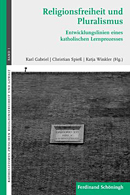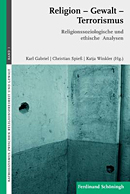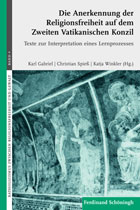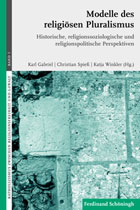(C11) The Renunciation of Violence in Religious Traditions: Modern Catholicism in the Field of Tension between Distinction and Integration
The secular standard of the modern political world stands in sharp contrast to the claims to power of traditions of religious truth. In Europe numerous conflicts have been sparked by this, especially between the Catholic church and the democratic public. Before this background it is thus surprising that, within a few decades, the initially strongly anti-modernistic Catholicism has integrated itself into the modern constitutional state, whose normative foundations – for example the sovereignty of the people, freedom of conscience and religion – were, however, long considered “illegitimate.” The newly observable self-confidence of re-politicised religions, often with a militant style – and not only in the context of Islam – makes clear that this fundamental conflict has by no means been resolved but rather continues to work at least latently.
With the declaration of religious freedom of the Second Vatican Council in 1965, Catholicism programmatically renounced the state-coercive enforcement of its claim to truth. This “Declaration of Renunciation”, considerably influenced by United States Catholicism, can be considered an act of voluntary self-restriction that is virtually unique in the history of religion, and one whose meaning can scarcely be overestimated. Even today it remains largely unclear how such a fundamental change of position could have come about in an institution that is as tied to tradition as the Catholic church. The specific context of its origin and the various conflicts and learning experiences that made this upheaval possible are the subject of this interdisciplinary research project. Methodologically, structural analyses shall be linked with the reconstruction of semantics of identity and images of the world. The project shall examine whether specific structural patterns are at work here in the field of tension between religion and modernity, which can play a role not only for Catholicism, but in similar form also for other religions, for example Islam. At the same time this poses the further question of whether this self-modernisation of Catholicism in the context of distinction and integration attains a paradigmatic significance for the relationship between religious communities and the modern political world in general.





